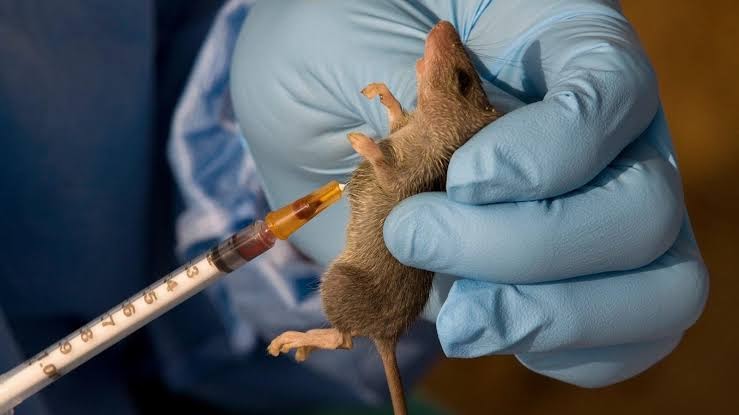Lassa Fever: NCDC Issues Public Health Advisory To Reduce Risk

Anyone who performs poor hand hygiene or comes in contact with the urine, faeces, saliva or blood of rats are at the risk of getting Lassa Fever, the Nigeria Centre for Disease Control (NCDC) has warned.
In a Public Health Advisory to Nigerians, Chikwe Ihekweazu, NCDC’s Director-General, also warned that those who reside in rat-infested environments or consume potentially contaminated foodstuff are at a higher risk.
“Inappropriate use of personal protective equipment (PPE) such as gloves, masks and poor IPC practices, increase the risk of a person to person transmission of Lassa Fever,” Ihekweazu noted.
The advisory was issued based on the epidemiological data which shows that more cases of Lassa fever, which occurs throughout the year, are recorded during the dry season, specifically between November and May.
However, to reduce the risk of Lassa Fever, Ihekweazu advised health care workers to practise standard precautions at all times while handling patients and body fluids, urging them to appropriately dispose and disinfect items used by Lassa Fever patients and clean hospital environment regularly.
“Test all suspected cases of malaria using Rapid Diagnostic Test (RDT). When the RDT is negative, other causes of febrile illness including Lassa Fever should be considered and cases investigated accordingly,” he stated.
“Any febrile illness that has not responded to 48 hours use of anti-malaria or antibiotics should raise an index of suspicion for Lassa fever.”
Generally, Ihekweazu advised Nigerians to “avoid drying foodstuff outside on the floor, roadside where it will be exposed to contamination.
Avoid bush burning which can lead to the displacement of rats from bushes to human dwellings, he noted.
“Eliminate rats in homes and communities by setting rat traps and other means. Practice good personal hygiene by frequent washing hands with soap under running water /or use of hand sanitisers when appropriate,” he added.
“Visit the nearest health facility if you notice any of the signs and symptoms of Lassa fever as mentioned earlier, avoid self-medication.”
Support Our Journalism
There are millions of ordinary people affected by conflict in Africa whose stories are missing in the mainstream media. HumAngle is determined to tell those challenging and under-reported stories, hoping that the people impacted by these conflicts will find the safety and security they deserve.
To ensure that we continue to provide public service coverage, we have a small favour to ask you. We want you to be part of our journalistic endeavour by contributing a token to us.
Your donation will further promote a robust, free, and independent media.
Donate HereStay Closer To The Stories That Matter




